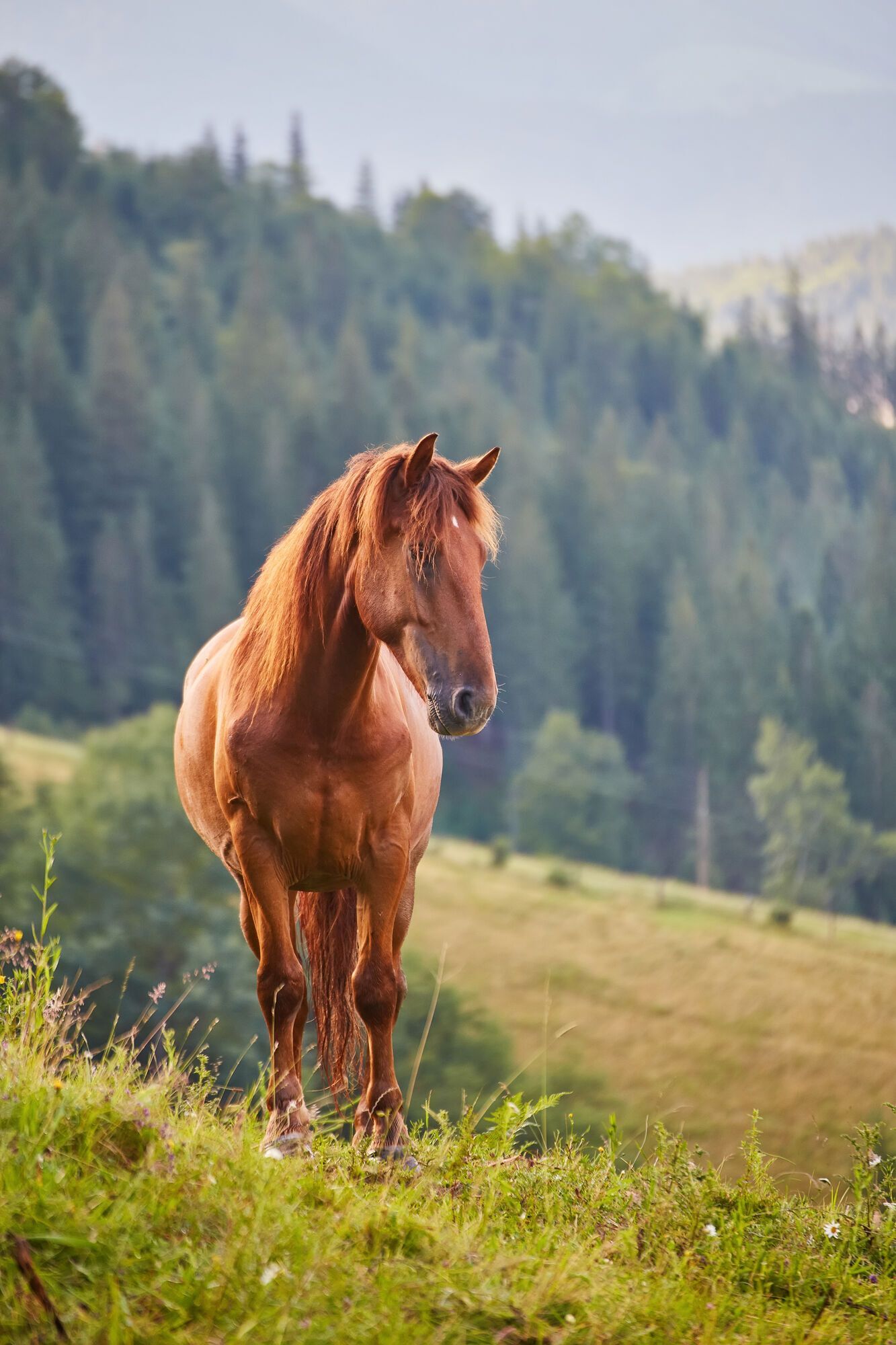News
Horses have unexpectedly developed intelligence and ability to strategize: what the experiment with treats showed
There have been few studies on horse learning and reactions. However, some of them indicate that these animals can understand the main consequences of their decisions. Louise Evans, an ethologist at Nottingham Trent University, and her colleagues have demonstrated in an experiment that horses can and do plan ahead.
The animals that participated in the new experiment showed an unexpected level of intelligence. It seems that they strategically ignore the rules of the game to get as many treats as possible with the least amount of effort, Science Alert writes.
"Horses are not natural geniuses. They are considered mediocre, but this study shows that they are not mediocre, but are more cognitively advanced than we think," said Kerry Ijichi, a researcher at Nottingham Trent University in England.
The researchers tested 20 horses and offered them a treat for touching a postcard-shaped target. However, when this target was found next to a light, this reward was not provided. The light was supposed to indicate a kind of "stop" signal. But the horses continued to nose the target regardless, devouring their treats when the light was off.
"It's easy to dismiss this behavior as a lack of understanding of the game. However, there are several alternative reasons why horses may act this way. These include understanding but lacking the behavioral inhibitions to stop – a sign of impatience; needing more time to learn the second signal than was provided; or 'smart' application of a cost-benefit strategy," Evans and the team explain.
To distinguish between the options, the researchers introduced a cost to the experiment. The cost was a timeout – the elimination of any possibility of reward for 10 seconds after the horse touched the card incorrectly, whenever the stop signal was on.
"We expected the horses' performance to improve when we introduced the timeout, but we were surprised by how immediate and significant the improvement was. Animals usually need to repeat a task several times to gradually gain new knowledge, whereas our horses immediately improved their performance when we introduced a price for mistakes. This means that the horses knew what the rules of the game were all the time," Evans says.
The researchers believe that the experimental horses initially pushed the targets indiscriminately because the animals received regular rewards without making an effort to evaluate the value of the light. It appeared that the horses were using a cost-benefit approach to ignore the stop light, but once a higher cost was incurred, they changed tactics, indicating a level of planning previously thought to be beyond them.
This demonstrates the ability to anticipate future events and change their behavior to achieve a goal: in this case, more treats for minimal effort.
"We now believe that horses can use a form of learning called 'model-based learning' that was thought to be too complex for them. And this will help us understand their behavior and abilities much better," the expert explains.
"It's fascinating because they have a very underdeveloped prefrontal cortex, which is why we usually attribute the development of this type of thinking to humans. This means that they must use a different area of the brain to achieve a similar result, and it teaches us that we should not make assumptions about the intelligence or perception of animals based on whether they are 'built' the same way as us," he adds.
By better understanding how other animals think, we can strengthen our relationships with them and improve the welfare of the other life we share our planet with.
Only verified information is available on our Telegram channel OBOZ.UA and Viber. Do not fall for fakes!




























